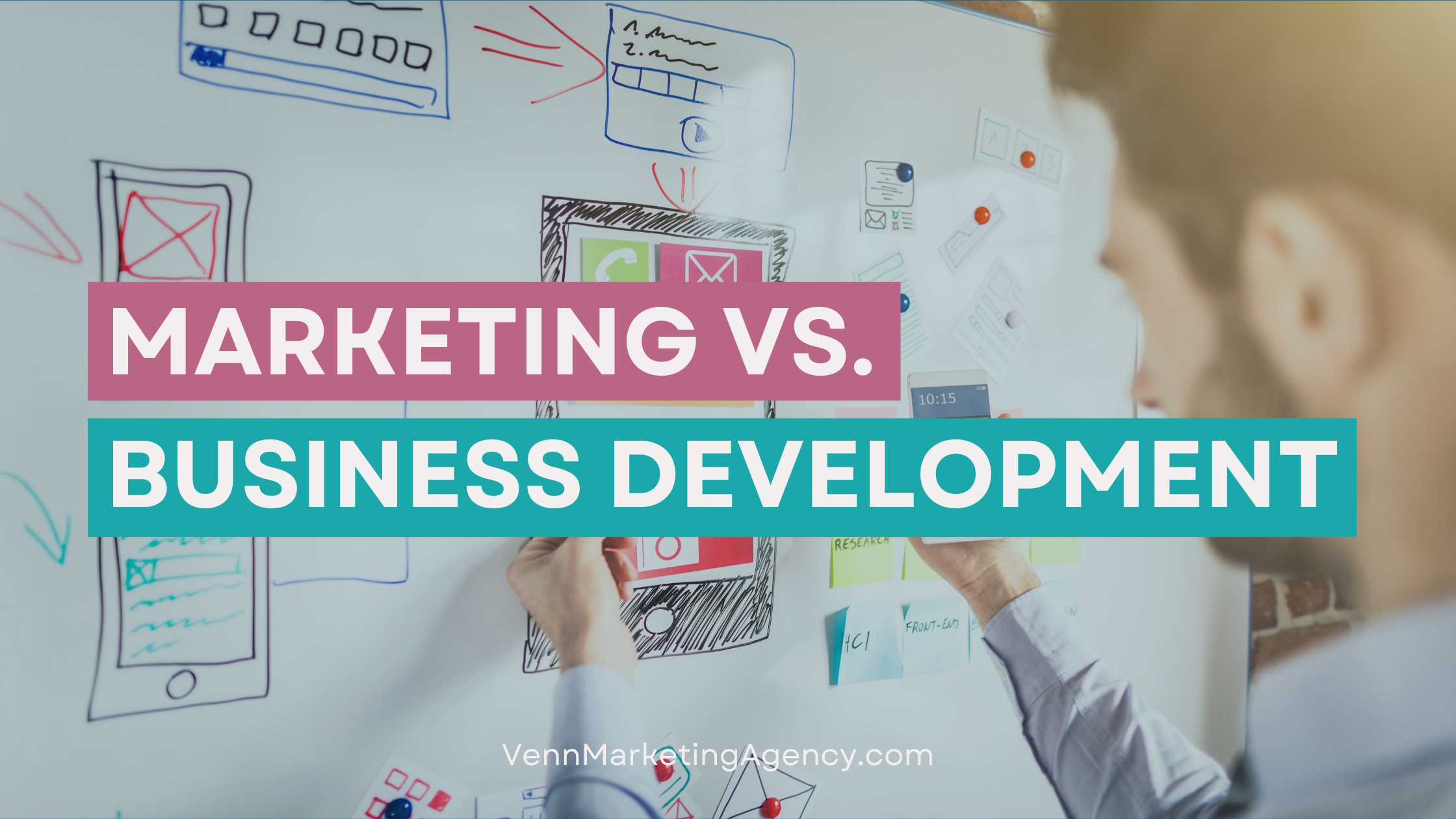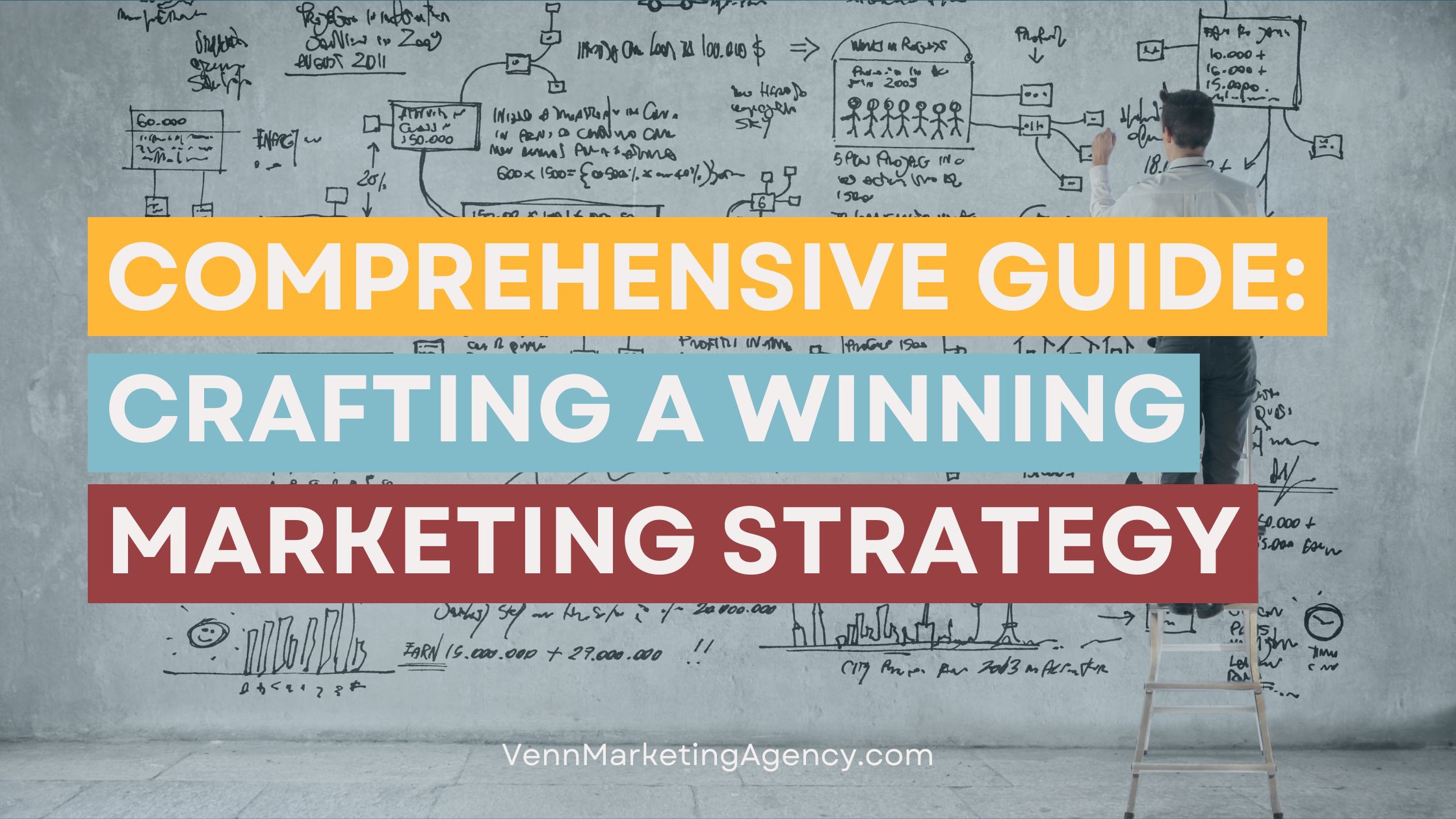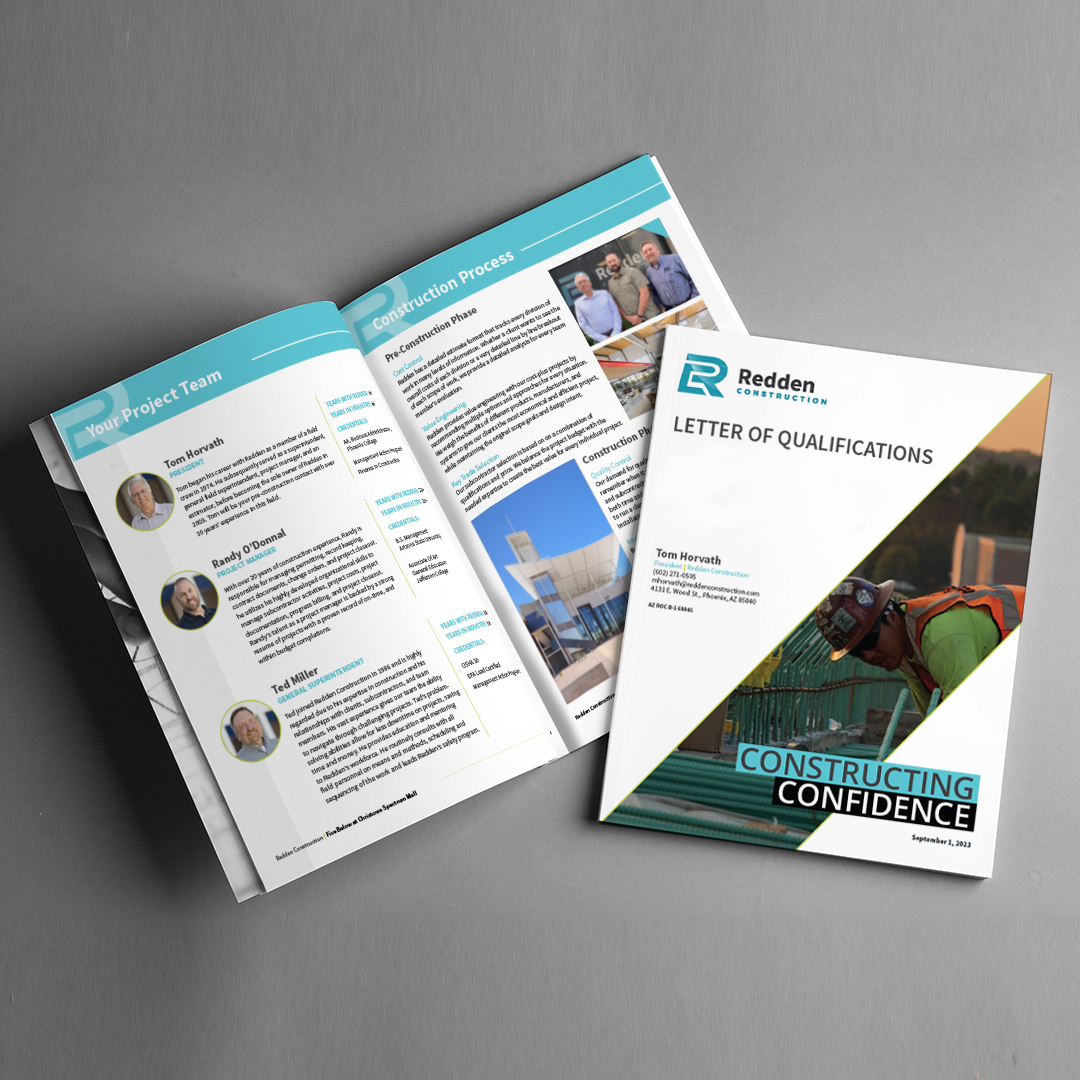Distinguishing between business development and marketing is critical for businesses aiming for growth and sustainability.
Continue readingCrafting a Winning 2024 Marketing Strategy in CRE: A Comprehensive Guide
This article sheds light on the importance of Local SEO marketing for commercial real estate and how it can influence buyers and tenants.
Continue readingArizona Chapter of NAIOP
Videography | Photography | Social Media | PPC Ads | Print Ads | Graphic Design
Continue readingThe Impact of Local SEO on Commercial Real Estate Marketing in Phoenix
This article sheds light on the importance of Local SEO marketing for commercial real estate and how it can influence buyers and tenants.
Continue readingLeverage Technology Group
Video Content
Continue readingRedden Construction
Graphic Design | RFP & SOQ Writing
Continue readingThe Ultimate Real Estate Podcasting Guide
Unlock the potential of video in AEC Marketing with our comprehensive guide. Discover how to elevate your strategy.
Continue readingRosenbaum Realty Group
Podcast Creation
Continue readingLeveraging Video Content in A/E/C Marketing: A Comprehensive Guide
Unlock the potential of video in AEC Marketing with our comprehensive guide. Discover how to elevate your strategy.
Continue readingHow to Maximize ROI in CRE Digital Advertising
Unlock the full potential of your commercial real estate digital advertising with actionable insights and strategies. In an industry where every dollar counts, understanding how to measure and optimize ROI can be the game-changer your business needs. From setting clear goals to leveraging the right platforms and continuous improvement, this guide provides a comprehensive look at the steps needed to succeed in today’s competitive CRE marketplace. Dive in to discover how Venn Marketing has harnessed these strategies to achieve remarkable success, and learn how you can do the same
Continue reading










